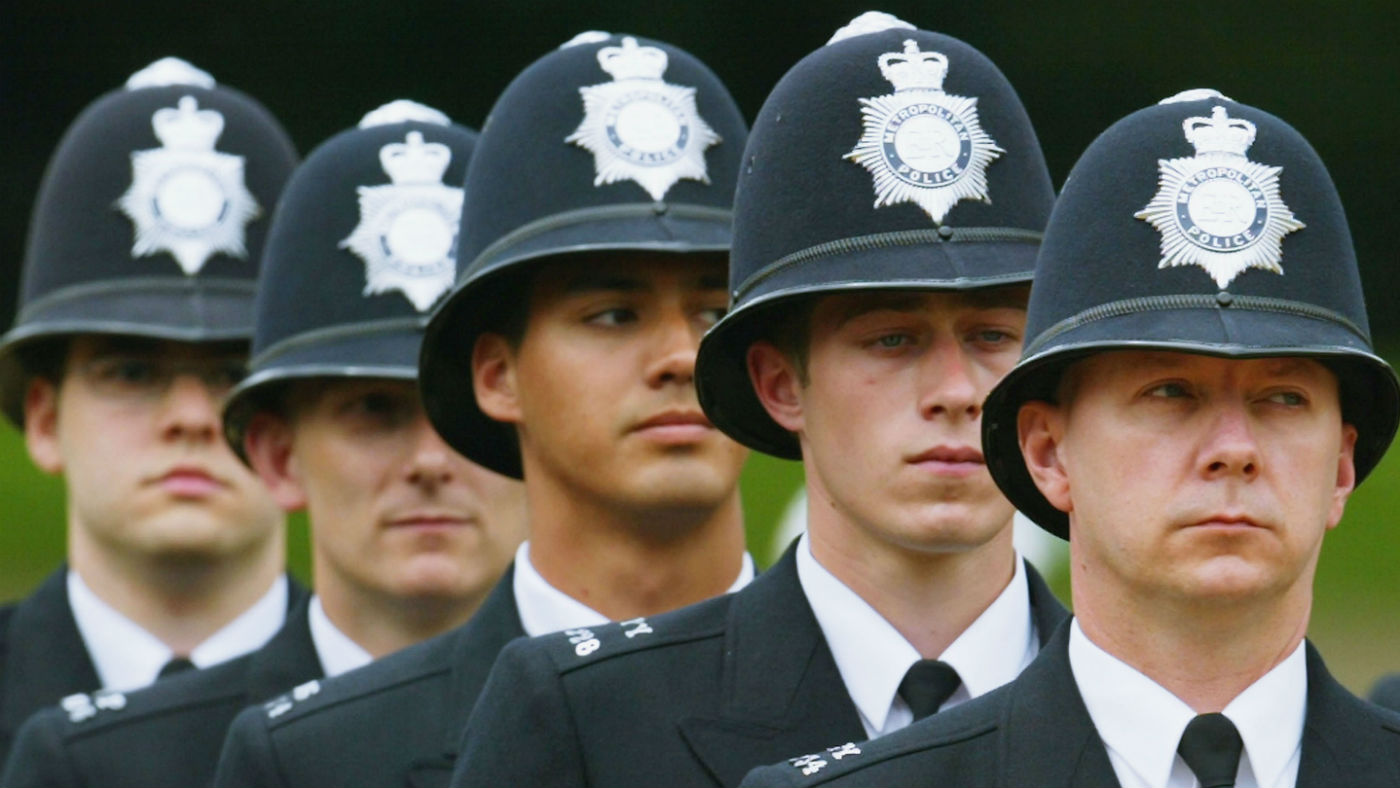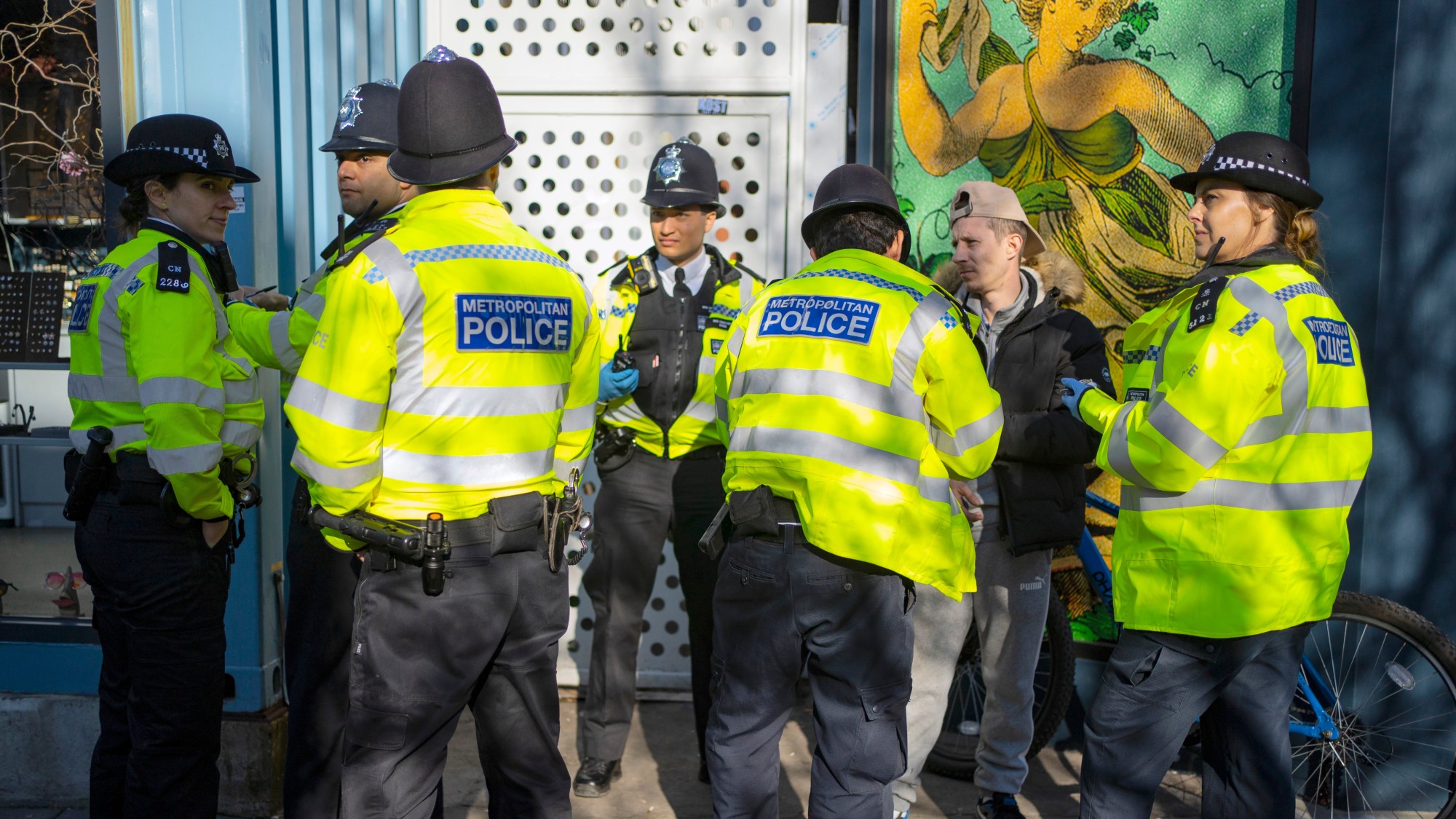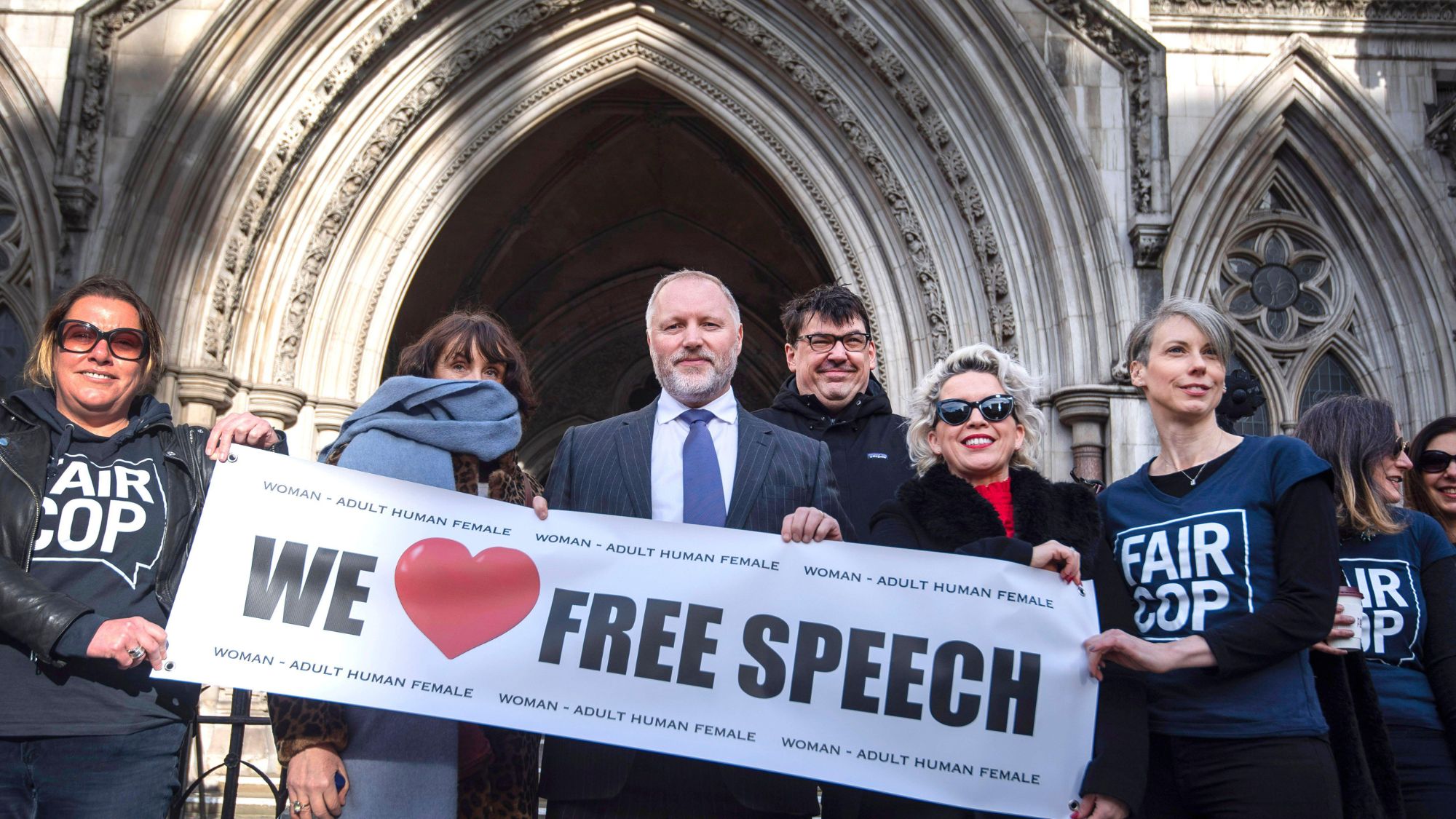Cuts mean criminals go scott-free, says chief constable
Top detective says a lack of resources ‘result in charges not being brought’

A free daily email with the biggest news stories of the day – and the best features from TheWeek.com
You are now subscribed
Your newsletter sign-up was successful
Criminals are going unpunished because of police cuts, according to the chief constable of West Midlands police.
Dave Thompson said his force is letting criminals get away because of the pressure his officers are under. “We are not always able to take the fight to the criminals in the way we would want – in some routine cases, the delays and stretch are resulting in charges not being brought as they would have years ago,” he said.
He believes this is eroding public faith in the force. “What is cheesing off the public is the routine stuff. That’s the stuff for the vast majority that affects legitimacy and confidence,” he says. “It’s the phone not getting answered, and not turning up for some jobs people expect us to do. That is damaging confidence and legitimacy.”
The Week
Escape your echo chamber. Get the facts behind the news, plus analysis from multiple perspectives.

Sign up for The Week's Free Newsletters
From our morning news briefing to a weekly Good News Newsletter, get the best of The Week delivered directly to your inbox.
From our morning news briefing to a weekly Good News Newsletter, get the best of The Week delivered directly to your inbox.
The comments come as the government is trying to “fend off criticism” that its 19% funding cut to the police since 2010, which has led to 45,000 officers and staff being lost, has threatened public safety, says The Guardian.
This morning, the emergency services watchdog warned that forces are under “significant pressure”.
Her Majesty’s Inspectorate of Constabulary and Fire & Rescue Services declared that the “cracks in the system are widening,” as it released inspections of 14 forces in a report today.
Its study found a national shortage of detectives, with 14% of roles vacant. This means around 25% of thefts and common assaults are being probed by under-qualified officers, drafted in to fill the gaps.
A free daily email with the biggest news stories of the day – and the best features from TheWeek.com
Matt Parr, who led the inspection, said: “Response officers didn’t do investigations. Now they do. They don’t have the same accreditation, they don’t have the same experience.”
John Apter, chair of the Police Federation, said the report “lays bare the consequences of years of austerity cuts”.
In response, the Home Office said: “We recognise new demands are putting pressure on the police and we are committed to ensuring they have the resource they need.”
-
 Crisis in Cuba: a ‘golden opportunity’ for Washington?
Crisis in Cuba: a ‘golden opportunity’ for Washington?Talking Point The Trump administration is applying the pressure, and with Latin America swinging to the right, Havana is becoming more ‘politically isolated’
-
 5 thoroughly redacted cartoons about Pam Bondi protecting predators
5 thoroughly redacted cartoons about Pam Bondi protecting predatorsCartoons Artists take on the real victim, types of protection, and more
-
 Palestine Action and the trouble with defining terrorism
Palestine Action and the trouble with defining terrorismIn the Spotlight The issues with proscribing the group ‘became apparent as soon as the police began putting it into practice’
-
 Why have homicide rates reportedly plummeted in the last year?
Why have homicide rates reportedly plummeted in the last year?Today’s Big Question There could be more to the story than politics
-
 How the ‘British FBI’ will work
How the ‘British FBI’ will workThe Explainer New National Police Service to focus on fighting terrorism, fraud and organised crime, freeing up local forces to tackle everyday offences
-
 ‘Stakeknife’: MI5’s man inside the IRA
‘Stakeknife’: MI5’s man inside the IRAThe Explainer Freddie Scappaticci, implicated in 14 murders and 15 abductions during the Troubles, ‘probably cost more lives than he saved’, investigation claims
-
 3 officers killed in Pennsylvania shooting
3 officers killed in Pennsylvania shootingSpeed Read Police did not share the identities of the officers or the slain suspect, nor the motive or the focus of the still-active investigation
-
 Dash: the UK's 'flawed' domestic violence tool
Dash: the UK's 'flawed' domestic violence toolThe Explainer Risk-assessment checklist relied on by police and social services deemed unfit for frontline use
-
 The ethics behind facial recognition vans and policing
The ethics behind facial recognition vans and policingThe Explainer The government is rolling out more live facial recognition technology across England
-
 The Met police's stop and search overhaul
The Met police's stop and search overhaulThe Explainer More than 8,500 Londoners have helped put together a new charter for the controversial practice
-
 NCHIs: the controversy over non-crime hate incidents
NCHIs: the controversy over non-crime hate incidentsThe Explainer Is the policing of non-crime hate incidents an Orwellian outrage or an essential tool of modern law enforcement?